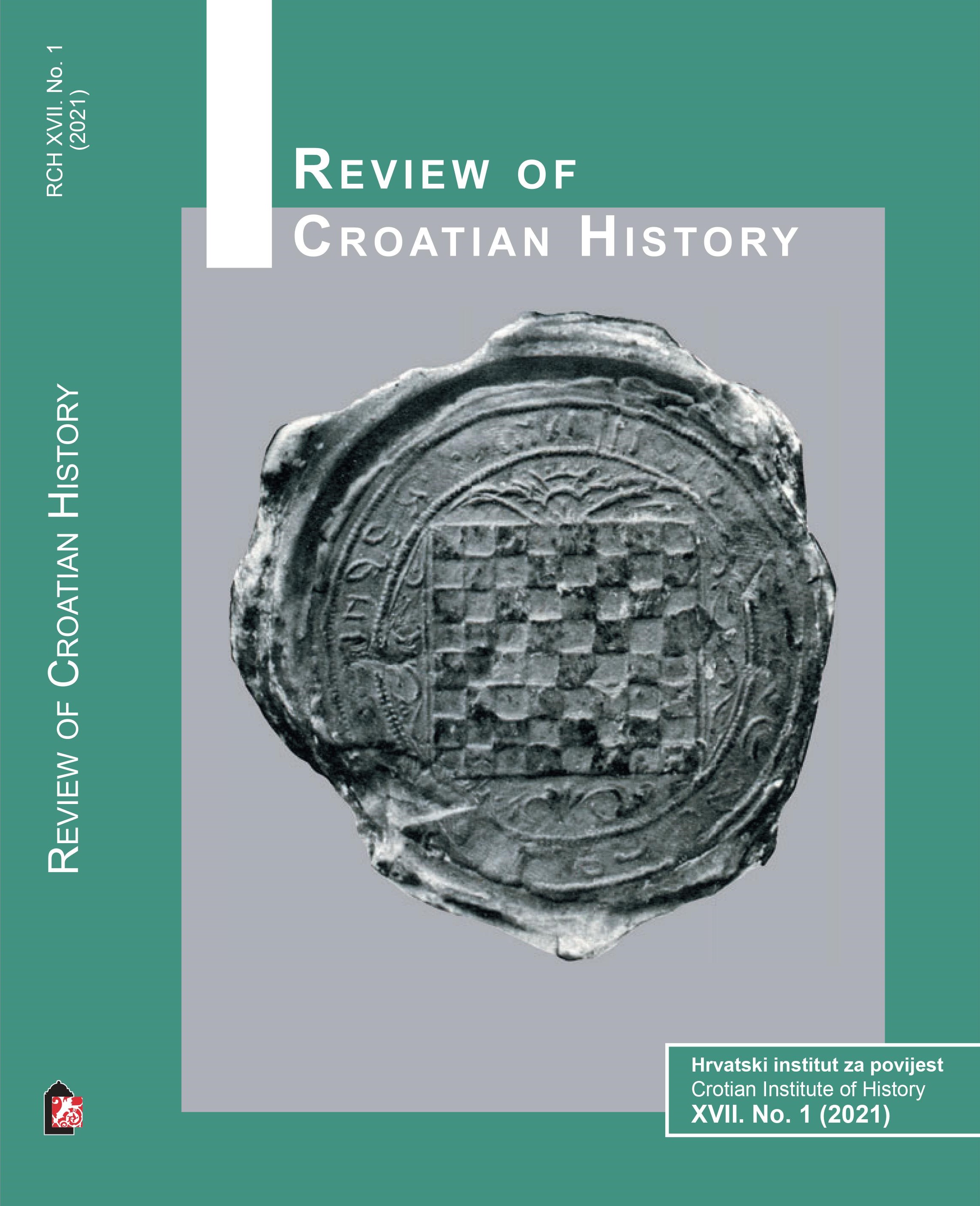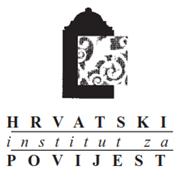PARTICIPATION OF ALLAH’S WARRIORS IN THE WAR IN FORMER YUGOSLAVIA (1992-1995)
DOI:
https://doi.org/10.22586/review.v17i1.19696Keywords:
Yugoslavia, Bosnia and Herzegovina, Croatia, Serbia, Balkans, war crimes, jihad, Muslims, mujahideen, soldiers of fortuneAbstract
The main aim of this paper is to show the participation of mercenaries in the war in former Yugoslavia who fought on the Muslim side. The author presents the thesis that they were recruited to participate in the defense of Muslim community, which they believed was threatened by Serbs. However, their goal soon became to conduct jihad. Muslim mercenaries, also known as warriors of Allah (warriors of God) or Garibi, often proved to be cruel and committed war crimes. Among them were veterans of the war in Afghanistan, the Mujahideen. After the end of hostilities, many of God’s warriors remained in the Balkans, and their settlement brought a lot of negative changes to the social and political life of the region. The Garibi contributed greatly to the strengthening of influence of Islamic states and institutions in the Balkans, as well as to the development of Wahhabi sects supporting terrorism.
Downloads
Published
How to Cite
Issue
Section
License
Copyright (c) 2021 Copyright holders are the publisher Croatian Institute of History and the authors.

This work is licensed under a Creative Commons Attribution-NonCommercial 4.0 International License.
The copyright holders are the Croatian Institute of History (as the publisher) and the authors.
The Review of Croatian History is an open-access journal. Its contents are freely accessible in their entirety. Users may read, download, copy, distribute, print, search, or put links to its material, and to change, reword, and process the material or use it in other legal ways, as long as they cite the original in the appropriate manner, in accordance with the Creative Commons licence CC BY-NC.
Works published in the Review of Croatian History may be deposited in institutional or thematic repositories, as long as the appropriate links to the web pages of the Journal and Hrčak (central portal of Croatian scientific journals) are made available.
The self-archiving policy is indexed in the Sherpa/RoMEO database, where it is visible that the journal allows the depositing of unreviewed (pre-print), reviewed (post-print), or publisher’s versions of the work.


